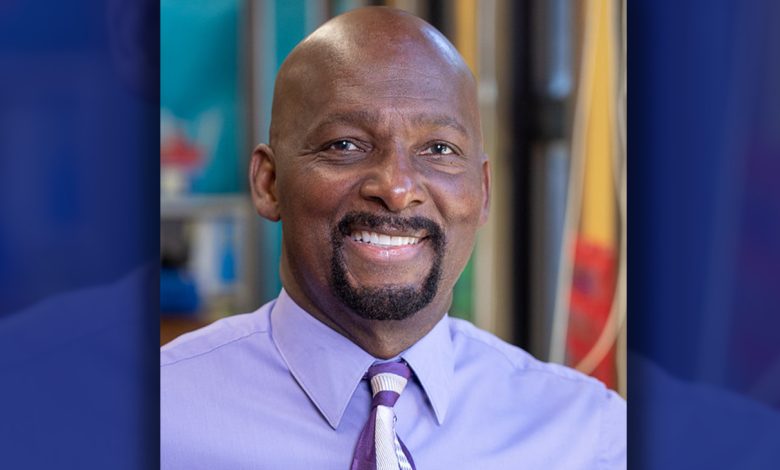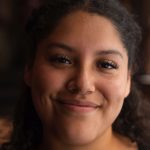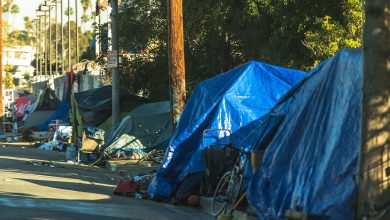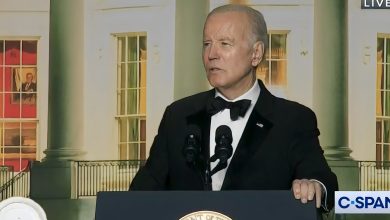2024 Local Elections: Q&A for Oakland Unified School Board Candidates, District 7

By Magaly Muñoz
In a few weeks, Oakland residents will vote for new school board directors in four separate districts across the city.
For the first time in California’s history, 16- and 17-year-olds in Oakland will be able to vote in their respective school board elections in November 2024. This initiative is a collaborative effort by the County of Alameda, the City of Oakland, and the Oakland Unified School District.
The Post reached out to the eight candidates across Districts 1, 3, 5, and 7 to see what their views are on various topics concerning the OUSD community. Below are questions and answers from District 7 candidate Clifford Thompson. Dominic Wares, the other D7 candidate, did not respond to multiple requests for written or over-the-phone responses.
Responses by Thompson have been edited for length and clarity.
Q1: What do you think the biggest challenge will be to address while on the board?
I think a continuation of a problem is going to make sure that we operate within our budget constraints. We’re looking at getting out of receivership and having our last bill paid off in June of 2026, but it scares me. If you look at the multiple-year projection, it shows that we’re going to be deficient some money, which means that if we don’t make the proper cuts that we should make now in order to balance the budget, we’ll still be in a deficit mode in the future, which means that we might have to get the state to bail us out again. If we go back into receivership, then we become necessarily a lame duck board with decisions being made by the state.
But number two is getting the board to focus on the major issue, which is making sure that our students graduate with flexibility [and with options]. Another challenge that’s facing us is a lot of students saying that their social, emotional character has been affected by COVID-19. The pain is a mental pain, not necessarily a physical pain, but because it’s a mental pain, it affects how kids show up physically. We, as a board, have to focus on minimizing the effect of the pandemic isolation time the kids were facing.
Q2: Given the large financial debt OUSD has and the looming threat of school closures, how will you ensure that funding for essential resources remain for students? What ideas do you have that do not include closing down schools?
We’re looking at not just closing schools, we’re looking at all of the avenues that we can actually pursue in order to balance the budget so that we don’t have to close schools. Closing schools is just one option.
I think a number of people in the community think that the board wants to close schools, but the board doesn’t necessarily want to close schools. We want to do what’s necessary to make the district whole so that the district keeps functioning and we don’t have to take out a loan from the state. We want to make sure that we’re operable as a successful district, giving all of the opportunities to kids that they need, making sure that we address union issues so that we’re compliant when it comes to the OEA (Oakland Education Association), and making sure that we’re hearing the voices from the community in terms of what they feel they need at that time. We want to look at everything and see how we can best leverage whatever opportunity we have in order to make sure that we operate in the black and not in the reds.
Q3: Students have reported feeling as though there is not enough inclusivity amongst their peers, often feeling a divide with those of other race and ethnic backgrounds. What do you think is the best way to foster an environment where students are not feeling excluded because of their background and differences to peers?
What needs to happen is voices need to be given to each person, and you need to value whatever their contribution is. When you exclude kids and you don’t allow their voice to be heard, then you’re in essence saying, ‘I don’t value what you have to say.’
Sometimes you have to go out of your way just to make sure that certain groups are at the table. For instance, if a person has a problem with people of color, you need to make sure you have people of color at the table, and you need to encourage those individuals to voice their opinion. You have to make sure you provide a seat at the table, but then you have to lower their affective filter so that they can actually voice their opinion when they’re at the table.





